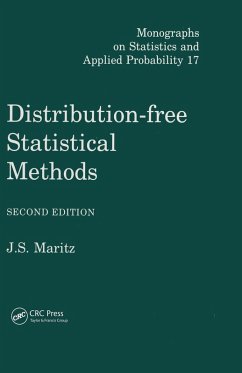
Psychologie des foules - Psychologie of crowd (Bilingual French-English Edition) (eBook, ePUB)
The Crowd, by Gustave le Bon : A Study of the Popular Mind
Versandkostenfrei!
Sofort per Download lieferbar
4,99 €
inkl. MwSt.
Weitere Ausgaben:

PAYBACK Punkte
0 °P sammeln!
Psychologie des foules - Psychology of Crowds (1895) Psychologie des foules est un livre de Gustave Le Bon paru en 1895. Il s'agit d'un ouvrage de référence concernant la psychologie sociale, dont les théories sont encore discutées aujourd'hui. Gustave Le Bon montre dans cet ouvrage que le comportement d'individus réunis n'est pas le même que lorsque les individus raisonnent de manière isolée - il explique ainsi les comportements des foules. The Crowd: A Study of the Popular Mind (French: Psychologie des Foules; literally: Psychology of Crowds) is a book authored by Gustave Le Bon that...
Psychologie des foules - Psychology of Crowds (1895) Psychologie des foules est un livre de Gustave Le Bon paru en 1895. Il s'agit d'un ouvrage de référence concernant la psychologie sociale, dont les théories sont encore discutées aujourd'hui. Gustave Le Bon montre dans cet ouvrage que le comportement d'individus réunis n'est pas le même que lorsque les individus raisonnent de manière isolée - il explique ainsi les comportements des foules. The Crowd: A Study of the Popular Mind (French: Psychologie des Foules; literally: Psychology of Crowds) is a book authored by Gustave Le Bon that was first published in 1895. In the book, Le Bon claims that there are several characteristics of crowd psychology: "impulsiveness, irritability, incapacity to reason, the absence of judgement of the critical spirit, the exaggeration of sentiments, and others..." Le Bon claimed "that an individual immersed for some length of time in a crowd soon finds himself - either in consequence of magnetic influence given out by the crowd or from some other cause of which we are ignorant - in a special state, which much resembles the state of fascination in which the hypnotized individual finds himself in the hands of the hypnotizer. " Table of contents : Introduction: The Era of the Crowds. Book I: The Mind of Crowds Chapter I: General Characteristics of Crowds -Psychological Law of Their Mental Unity Chapter II: The Sentiments and Morality of Crowds Chapter III: The Ideas, Reasoning Power, and Imagination of Crowds Chapter IV: A Religious Shape Assumed By All the Convictions of Crowds Book II: The Opinions and Beliefs of Crowds Chapter I: Remote Factors of the Opinions and Beliefs of Crowds Chapter II: The Immediate Factors of the Opinions of Crowds Chapter III: The Leaders of Crowds and Their Means of Persuasion Chapter IV: Limitations of the Variability of the Beliefs and Opinions of Crowds Book III: The Classification and Description of the Different Kinds of Crowds Chapter I: The Classification of Crowds Chapter II: Crowds Termed Criminal Crowds Chapter III: Criminal Juries Chapter IV: Electoral Crowds Chapter V: Parliamentary Assemblies.
Dieser Download kann aus rechtlichen Gründen nur mit Rechnungsadresse in A, B, BG, CY, CZ, D, DK, EW, E, FIN, F, GR, H, IRL, I, LT, L, LR, M, NL, PL, P, R, S, SLO, SK ausgeliefert werden.













